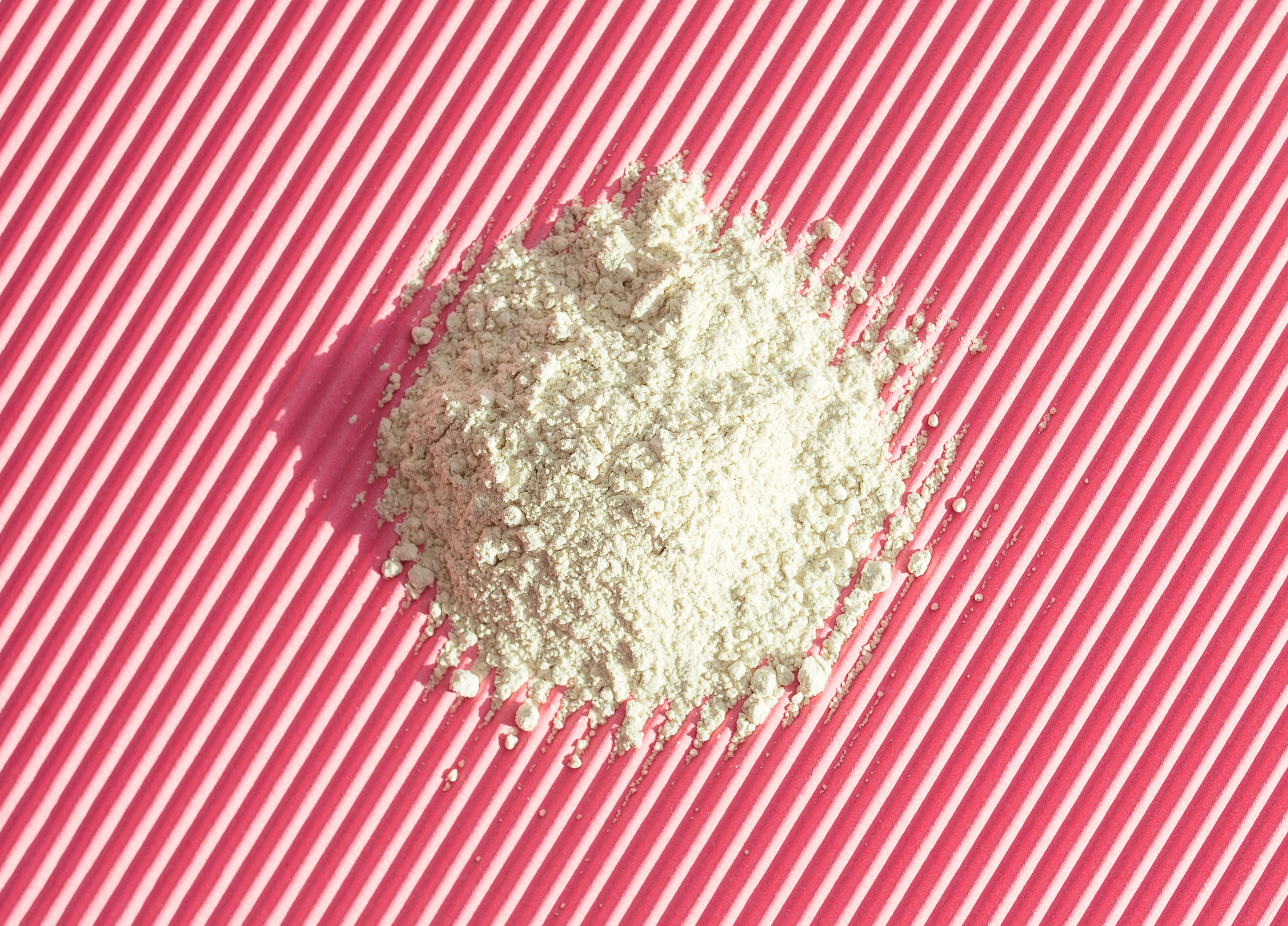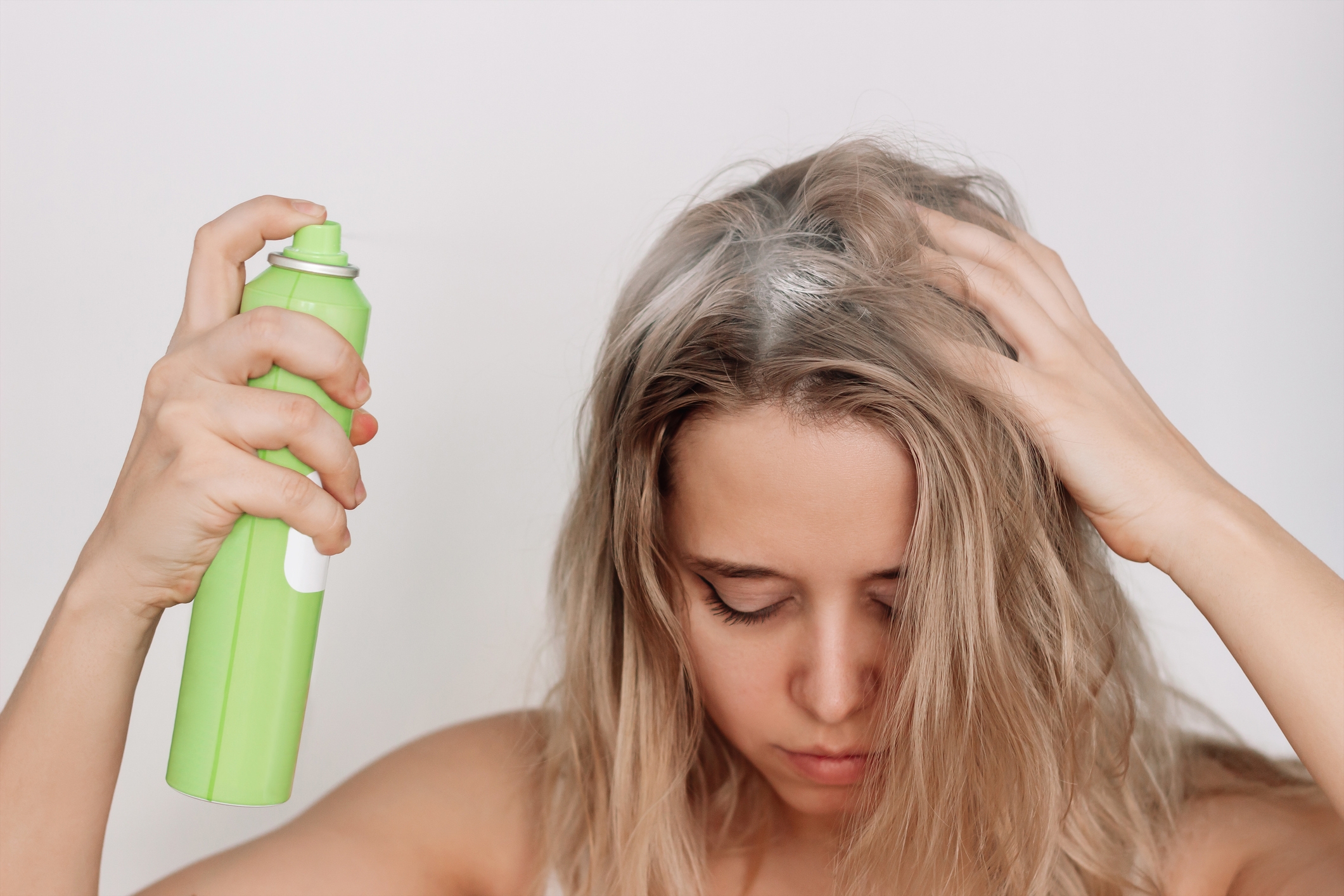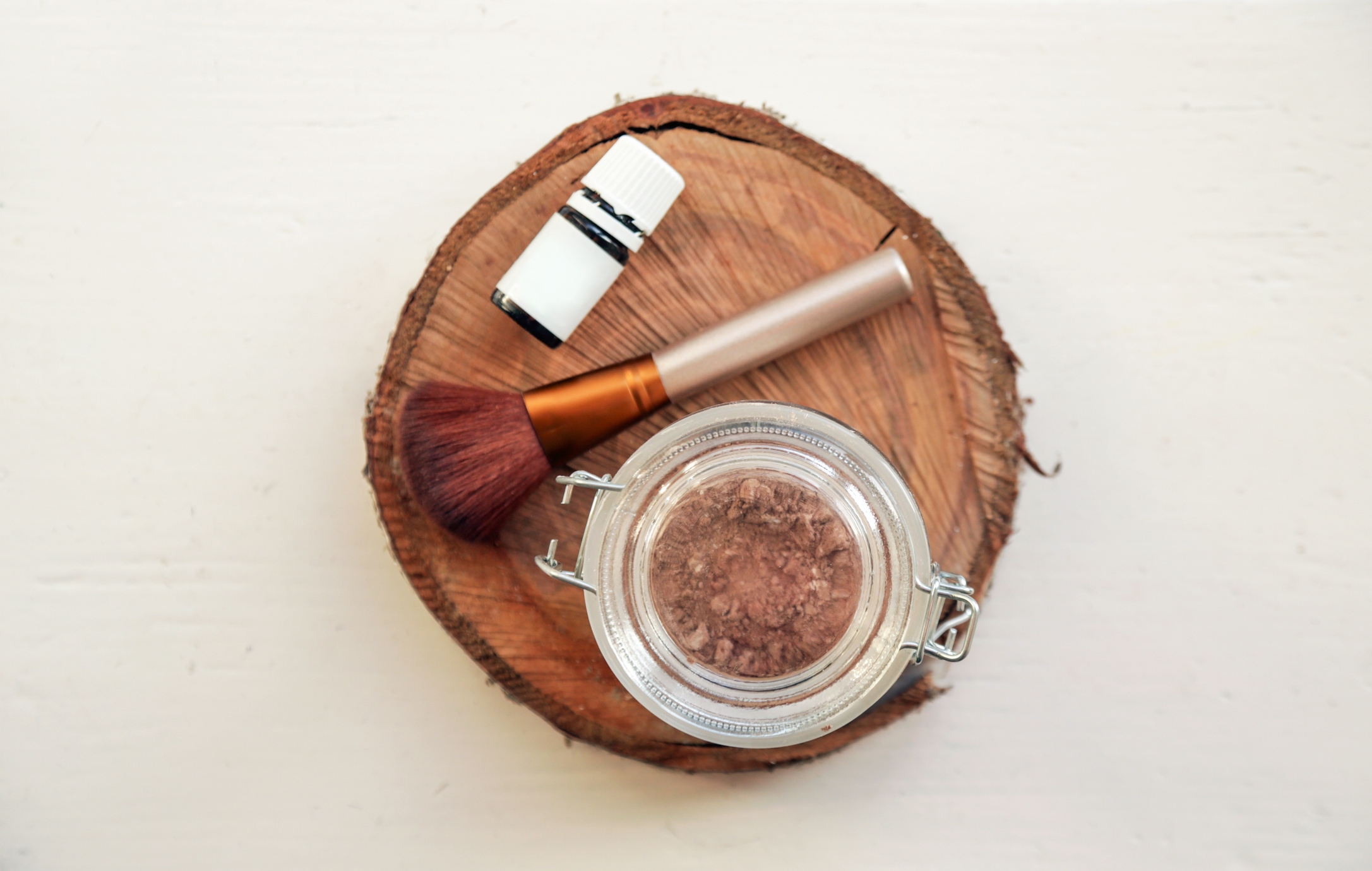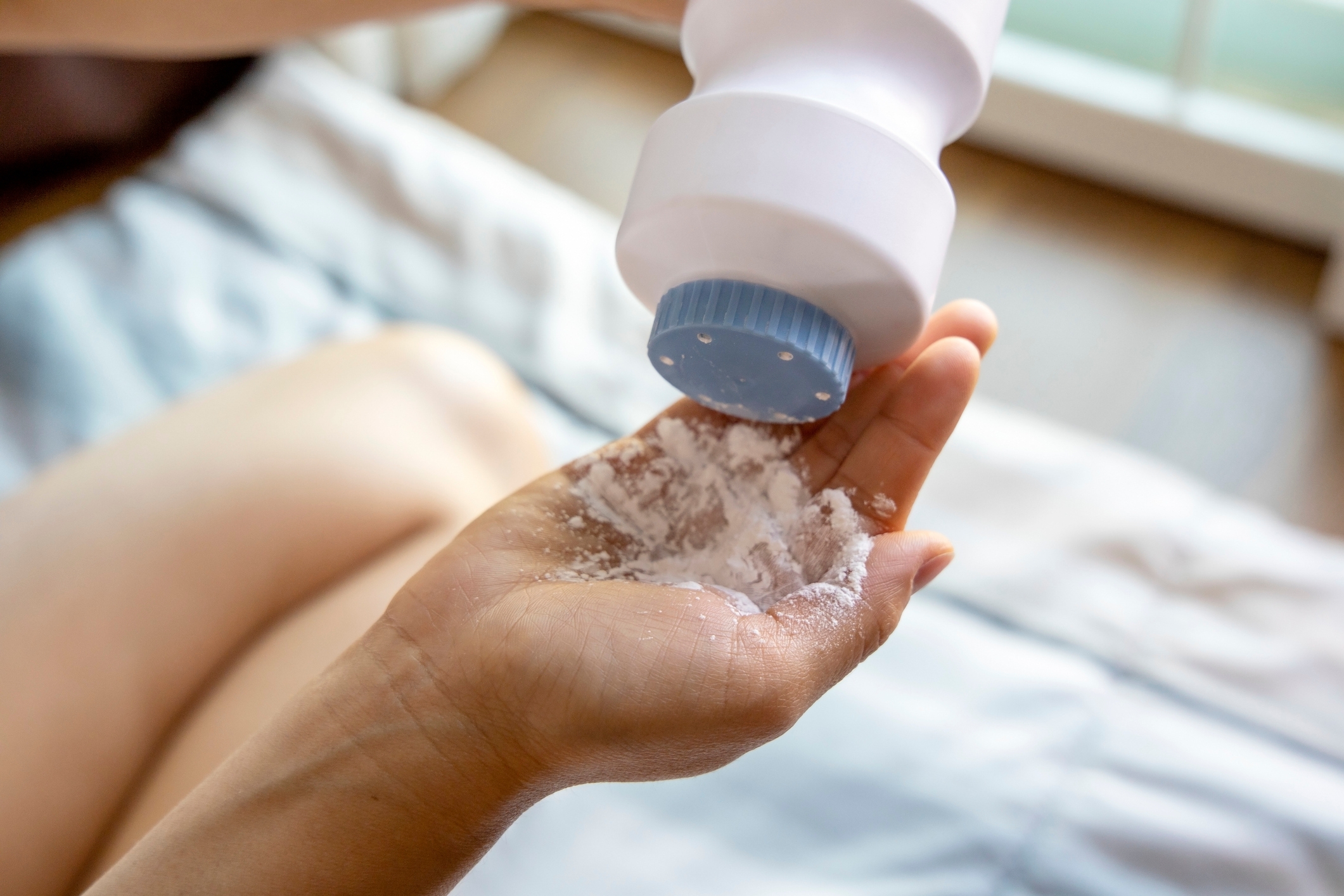Here ’s what happens when you use it as more than just a irregular fix .
The“skinification” of hairhas been trending for a few years now, encouraging us to spend more focus (and money) on the importance of scalp care for overall hair health. The theory is that washing your hair less frequently and using fewer chemicals can lead to healthier hair with less breakage and longer, stronger strands.
With the rising popularity of ironical shampoo , many people have reduced the frequency of washing their hair in the shower . But what happens when we obsessively utilise ( or even over - use ) dry shampoo and antedate wash for days in a wrangle ?
We speak with trichologists and hair’s-breadth stylists to ask about the potential risk of overusing dry shampoo .
Is dry shampoo ever a bad idea?
The answer is complicated . juiceless shampoo is not needs high-risk for your scalp or tomentum , but if your scalp is already dry , it will in all likelihood dry it out even more .
Then there ’s the publication of how often you employ it and whether you clean your scalp correctly at least once per week to remove product buildup . The same applies to all products that can make buildup in the scalp and tomentum .
“ Dry shampoo is n’t inherently bad for hairsbreadth , but frequent use can lead to buildup on the scalp , potentially induce temper or instability [ of the scalp ] . It should be used as a temporary resolution rather than a alternate for washing , which can impact scalp health over time , ” saidSara Hallajian , an IAT - certified trichologist base in Santa Monica .

How does dry shampoo work?
Dry shampoo lick by absorbing the oil in the whisker , while also adding volume at the roots , render clench and helping to preserve a coif .
“ One of the primary ingredients is alcohol denat ; a combining of fermentation alcohol and a denaturing agent that can draw any moisture or oils away from the scalp and hair . In addition , butane , isobutane and propane make up about 70 - 90 % of dry shampoo , but some of that is how it is package , ” explainedGretchen Friese , a haircloth hairstylist and trichologist at BosleyMD .
Some of the key fossil oil - absorbing component let in starches , like rice or corn whisky starch and Lucius DuBignon Clay , such as kaolin or bentonite , add up Hallajian .

What happens when we overuse dry shampoo?
The first affair that happens is merchandise buildup in the scalp , which finally blocks the hair follicles and slows down the pilus ontogenesis cycle . You may reckon this is n’t too important , but in world , halting fuzz emergence can lead to issue such as hair loss , breaking , and dryness .
“ People who do n’t wash their haircloth enough [ and overuse dry shampoo ] can clog the follicle , which can make hair loss , ” said Friese .
overutilization is comparative to the oleaginousness of your scalp , your hair eccentric and thickness ; “ The finer the haircloth , the more rapidly it tend to become oily , because its flat epidermis layers do n’t soak up oil as effectively , leave sebum to sit on the surface . In contrast , curly and coily hair’s-breadth , which is course dry due to its more lifted cuticle structure , take in oil more efficiently and typically does n’t require dry shampoo as often , ” tell Hallajian .

If you have scalp condition like seborrheic dermatitis , dandruff or excessive dryness , you should avoid dry shampoo altogether , as it can worsen these issues , she total .
“ If you practice it too often and do n’t wash your scalp regularly , it can lead to buildup , which might back up pores and irritate your scalp , ” explainedLaura Polko , renown hairstylist and co - founder of Laura Polko Los Angeles . “ That ’s where the hearsay of it being really bad for you came from . So , it ’s totally hunky-dory to employ juiceless shampoo when you need it , just do n’t rely on it as a substitute for washing your haircloth . ”
So, what happens when you leave dry shampoo on overnight?
spray dry shampoo before bed might not be the best melodic theme , as leave it on for too long can cause buildup and dispassion , the experts agreed .
“ While it ’s fine for a few hours during the twenty-four hour period , it ’s still a product that you ’re put on your scalp to add together volume and growth at the etymon , so , at some point , it ’s going to clot matter up if you overuse it , ” say Polko .
“ I would not recommend using juiceless shampoo for an overnight ‘ hack ’ to replace washing . Many people sweat overnight , so using shampoo [ instead of dry shampoo ] is the adept way to cleanse the scalp , ” say Hallajian .

Can you use baby powder instead?
While infant powder was an choice used by former generations , experts do n’t urge using it , even though it can help absorb oil .
“ Many contain talc , which is a respiratory business concern . Cornstarch - based options are better , but they can still create buildup . It ’s good to apply a product formulated specifically for scalp health , ” noted Hallajian .
“ It ’s safer to adhere with wry shampoo , which is specifically made for hair and wo n’t cause those form of issues , ” Polko fit .

Hallajian recommend another alternative for a quick hair refresh that wo n’t cause buildup : “ Scalp soda water or mist with ingredients like witch hazel , tea tree diagram , or salicylic acid refresh the scalp and scalp scrub and clarifying shampoos used weekly can also help govern oil color output of course . ”
How can we use dry shampoo safely?
As note , the independent outcome arise from overuse and improper cleaning of the scalp . Using a specifically formulated product once or twice a week is generally o.k. .
“ I advocate only using it once between washes to avoid clog up up the hair follicles and ideally wash it out within 36 hours , ” said Friese . This applies to all hair case .
“ Use it when you necessitate it — maybe once or doubly between washes , ” suppose Polko , “ but make indisputable you ’re still washing your hair regularly to keep your scalp healthy . ”

This clause originally seem onHuffPost .
